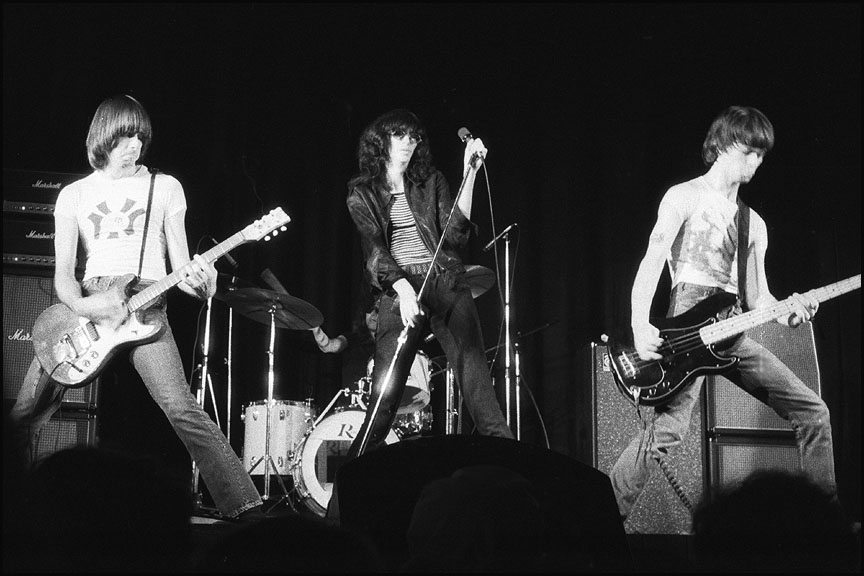The Casual Listener’s Guide to Experimental Music
February 19, 2020
When most people hear the term “experimental music,” they probably think about performance artists and pretentious art music, and they are likely completely turned off from it altogether.
I think this is a shame, because experimental music is a much broader catch-all than a lot of people give it credit for, and I’m sure a lot of people would enjoy it if they gave it a chance.
Really, “experimental music” is an umbrella term for any music that goes beyond the general standards of its respective genre.
Several albums that have become ubiquitous were incredibly experimental for their times: “Sgt. Pepper’s Lonely Hearts Club Band” by The Beatles, “Never Mind the Bollocks…” by The Sex Pistols, “Nevermind” by Nirvana, etc.
These albums helped shape the music landscape for the better, and I think it’s important to realize that the music we consider “experimental” today may become the norm in just a year or two.
As such, I’ve decided to recommend a few albums for people who enjoy listening to different genres, which should serve as a good primer for the more experimental sides of said genres.
For fans of Classical/Jazz: “Glassworks” (1982) by Philip Glass; recommended track: “Rubric”
Philip Glass is primarily associated with his minimalism and his lengthy compositions, particularly those in the opera world.
“Glassworks” was his effort to break into the mainstream with shorter track lengths and more energetic structures. Though the album is only 32 minutes long, it manages to strike a fantastic balance between beautiful and chaotic.
The album opens on a short piano ballad before progressing to a far denser production, with brass, string, and synthesisers taking the lead at different points throughout. Glass managed to produce a record able to appeal to both longtime fans of his earlier chamber works as well as new listeners unfamiliar with his music.
For fans of Hip-Hop: “The Money Store” (2012) by Death Grips; recommended track: “I’ve Seen Footage”
In a time where much of the hip-hop landscape is populated with sparse production and quiet vocals, Death Grips definitely stand out.
With unflinching, shouted verses over aggressive, glitchy beats, “The Money Store” is definitely not an album for the faint of heart, but the way in which vocalist MC Ride manages to toe the line between compelling and off-putting makes the album an exciting listen all the way through.
Opening on the suitably disturbing “Get Got,” the album careens into a wild exploration of the paranoia and expectations associated with living in modern-day society. The momentum of the album is maintained until the end of the very last track, “Hacker,” which finishes the album on a particularly kinetic and disorienting note.
For fans of Electronic: “Kid A” (2000) by Radiohead; recommended track: “Idioteque”
Though Radiohead are already known for their studio experimentation, “Kid A” stands out among a distinguished catalog of music for its heavy implantation of electronic instruments, often resulting in cold, calculated song structures.
This is punctuated by lyrics chosen largely at random, resulting in a disorienting album that still manages to evoke an emotional response from the listener.
Opening with the deceptively titled “Everything In Its Right Place,” “Kid A,” like much of Radiohead’s discography, explores themes of alienation and isolation, but the use of synthesizers and vocal effects results in a tighter package than much of what Radiohead produced before.
The integration of influences like Charles Mingus and Can also results in a far more chaotic but compelling product.
“Kid A” holds the listener in its grasp until the conclusion of the final song, “Motion Picture Soundtrack,” with which the album ends as confusingly as it began.
